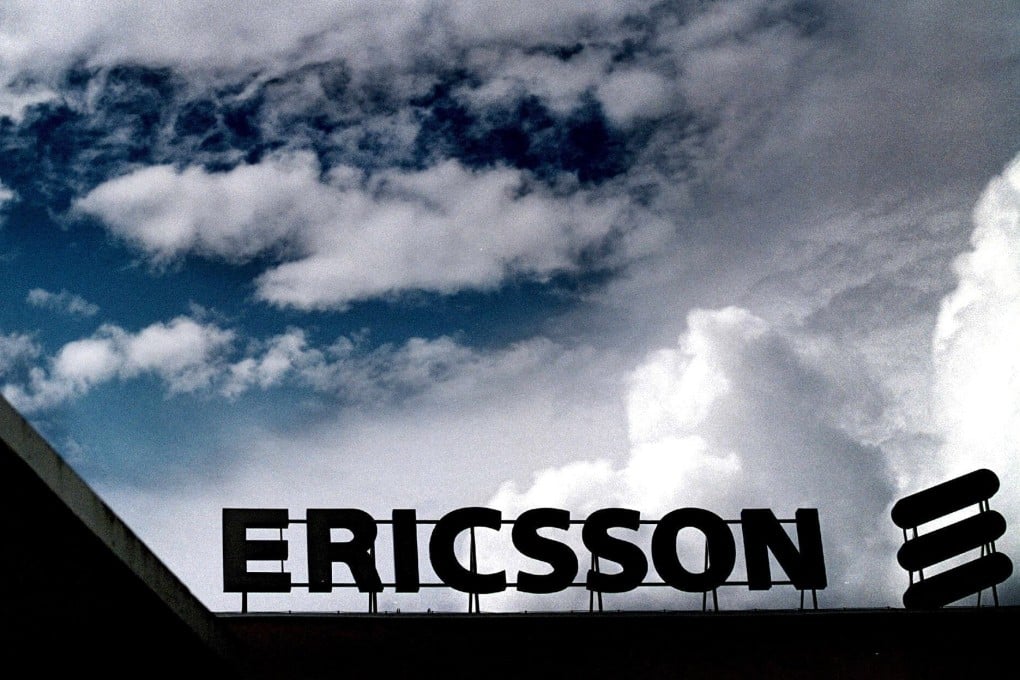Advertisement
If Nokia and Ericsson can operate in China, our firms should be treated fairly in Europe, Beijing says
- China’s foreign ministry spokesman calls ‘fake news’ on report that Beijing is considering export reprisal against European telecoms if EU bans Huawei
- But he said China expected to trade in a ‘business environment that’s fair, open and indiscriminate’
Reading Time:2 minutes
Why you can trust SCMP

China’s 5G market was open to international telecoms firms, including Nokia and Ericsson, said a spokesman for the Ministry of Foreign Affairs when asked about possible reprisal if Chinese companies were excluded from next-generation networks in Europe.
“The companies have already won bids for some projects in China,” said Wang Wenbin, the foreign ministry spokesman, during Tuesday’s regular press conference in Beijing.
“We oppose certain countries’ generalisation of the concept of national security in banning specific companies from specific countries.”
Advertisement
Wang was answering a question about a news report that said China was considering retaliation against the two European companies if European Union members followed the lead of Britain and the United States in barring China’s telecoms giant Huawei from 5G networks.
The report by The Wall Street Journal cited anonymous sources and said the Chinese Ministry’s of Commerce was considering export controls that would prevent Nokia and Ericsson from sending products made in China abroad.
Wang said the article was “fake news” and “aimed at provoking the cooperative ties between China and Europe”. But Wang said he expected European countries to do the same for Chinese telecoms companies.
Advertisement
Advertisement
Select Voice
Choose your listening speed
Get through articles 2x faster
1.25x
250 WPM
Slow
Average
Fast
1.25x